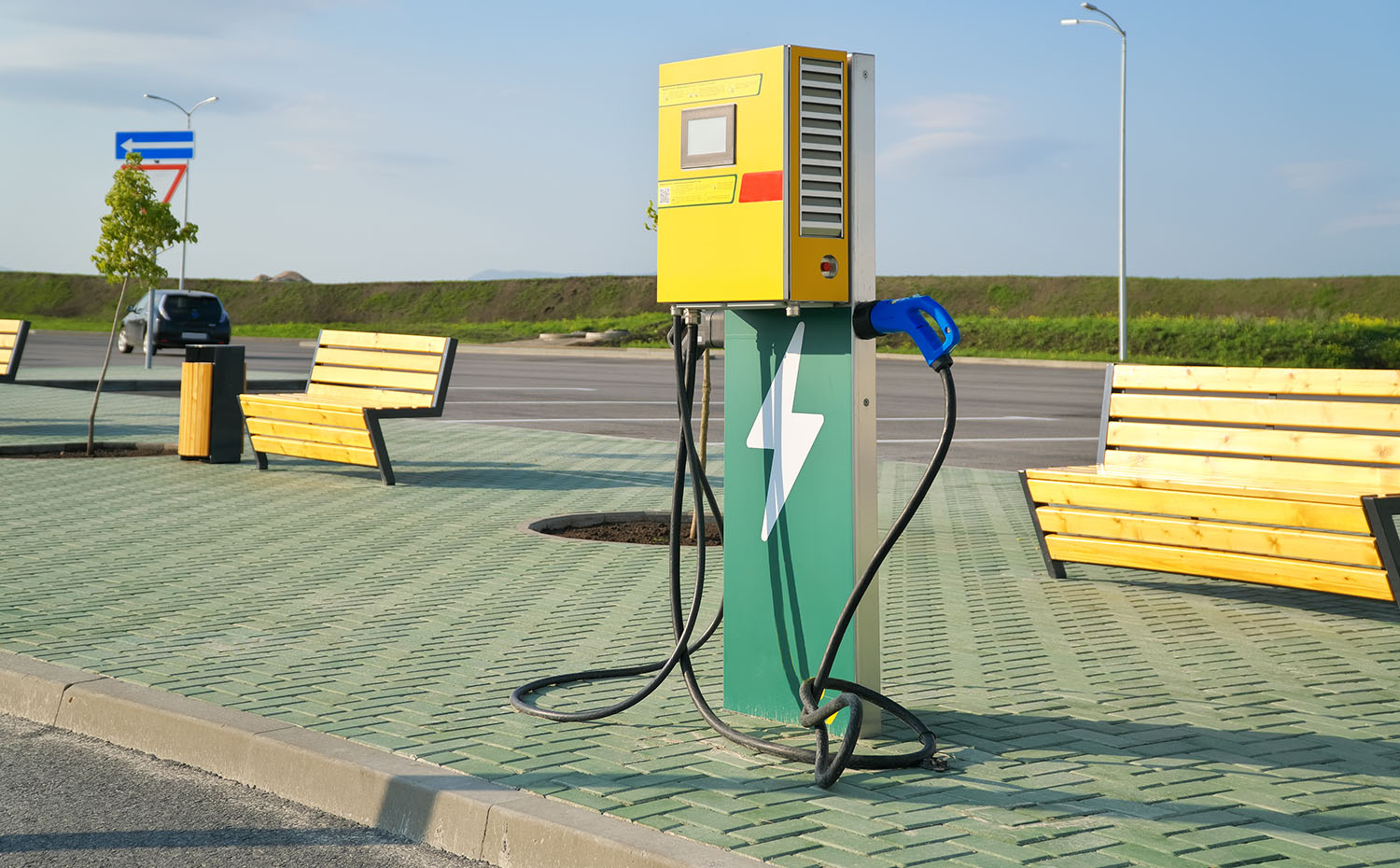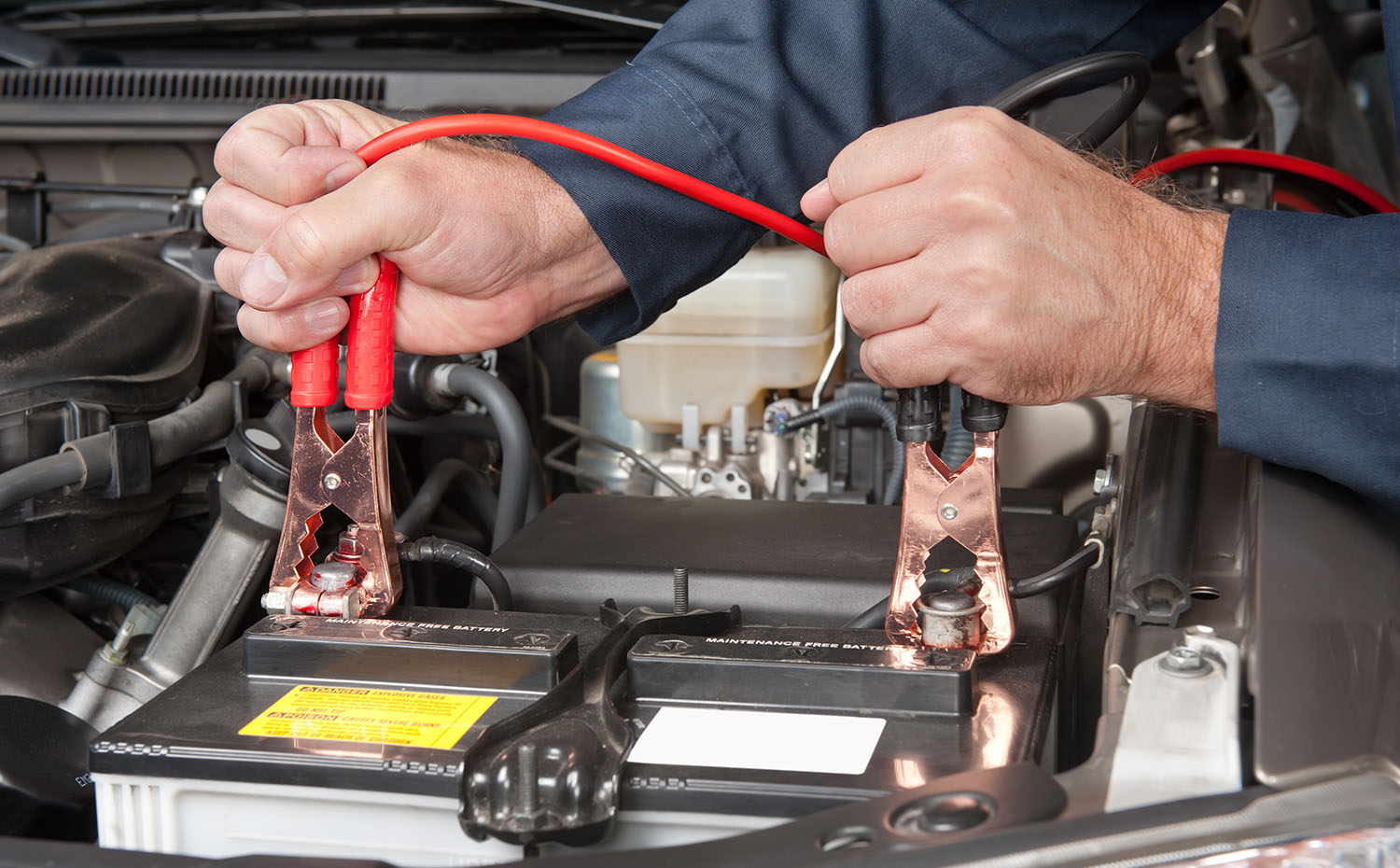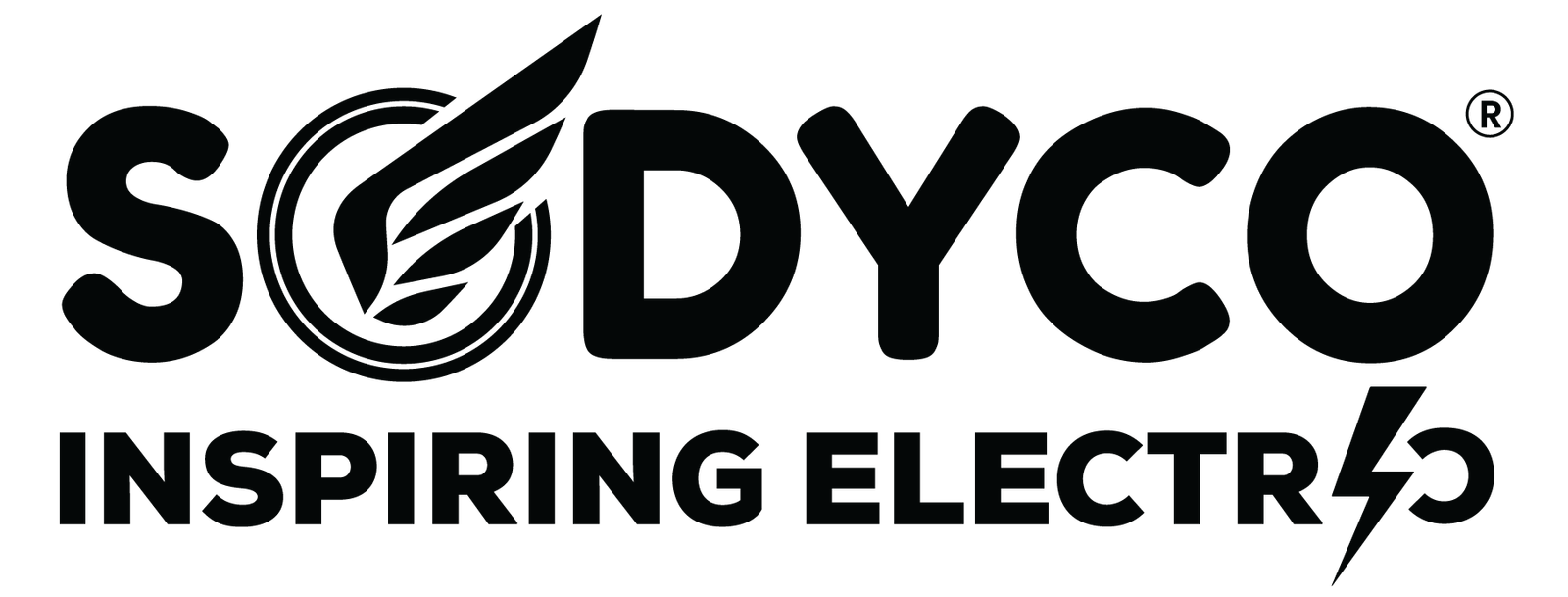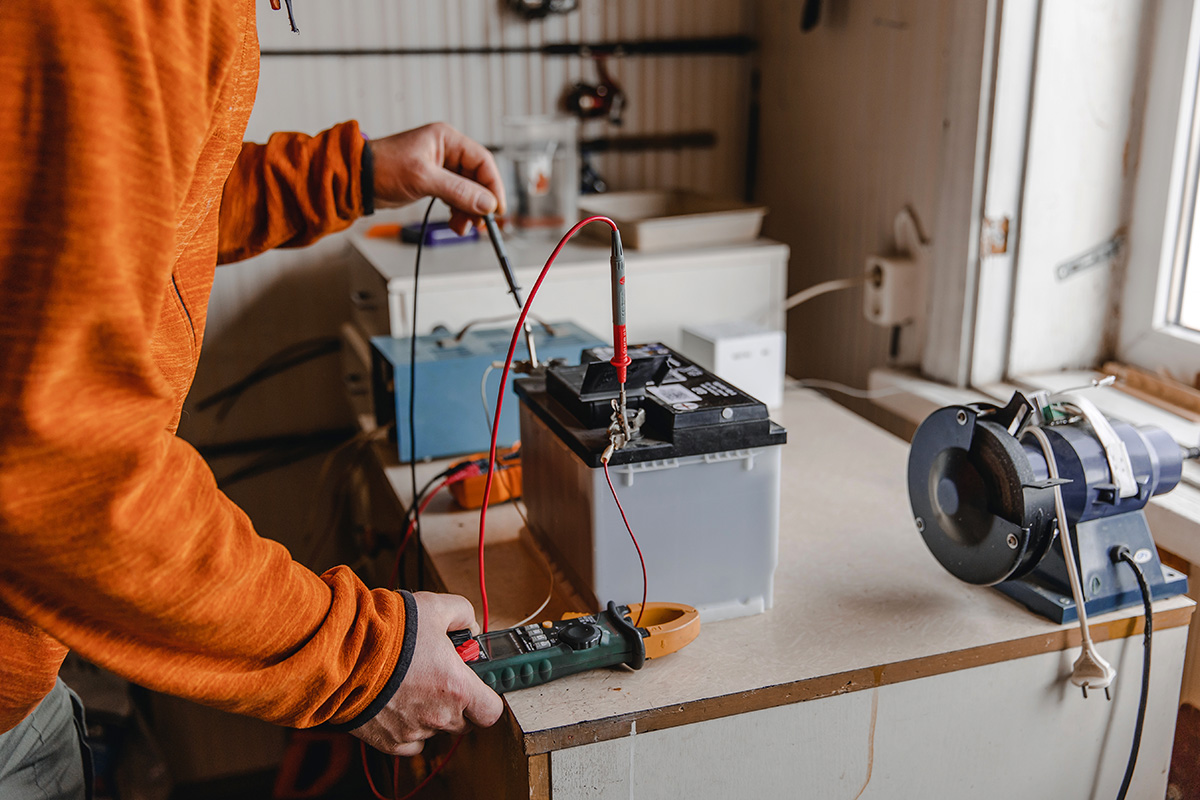The covid-19 pandemic had previously disrupted the E-rickshaw market. However, with times looking up, the market and future of E-rickshaws have changed tremendously. If you’re still considering and doubting whether or not you should buy an e-rickshaw, Sodyco is here to help you make a good decision!
Sodyco is an electrical tricycle brand based in West Bengal. We are devoted to making non-fuel consumption, non-pollution, and eco-friendly e-rickshaws with last-mile connectivity to commuters.
- Growth
 According to Statista, in the financial year of 2018, there were over 17 thousand registered e-rickshaws across Delhi- the national capital only.
According to Statista, in the financial year of 2018, there were over 17 thousand registered e-rickshaws across Delhi- the national capital only.
This number would certainly have increased after the government of India eased the Covid protocols and lockdown throughout the country.
The data also shows that e-rickshaws carried two times more passengers than the metro system of the city.
Such popularity growing amongst the masses can be attributed to the various socio-economic benefits that e-rickshaws provide such as low initial costs, lack of maintenance issues, no air or noise pollution, and most important of all, employment.
- Development of Supporting Infrastructure
 The expansion of charging infrastructure and increasing the number of public charging points across the major cities of the country can result in the operations of electric vehicles registering a greater interest with owners and operators.
The expansion of charging infrastructure and increasing the number of public charging points across the major cities of the country can result in the operations of electric vehicles registering a greater interest with owners and operators.
The battery swapping technology, which is swapping discharged batteries for freshly charged ones, can reduce the time spent on charging an EV’s batteries and thus prove to be beneficial.
There is a need to expand the supporting infrastructure to make e-rickshaws a common vehicle running on Indian roads.
- Future – Make In In

One of the biggest issues with e-rickshaws in India is that they are only assembled in India. The technology and parts are manufactured and shipped from other countries, one of them being China.
One way to accelerate the already rampant growth is to localize the production of lithium-ion batteries which are widely used in e-rickshaws.
This process is bound to be tedious. However, the local manufacturing of lithium-ion batteries will help in reducing the overall cost of the electric vehicle. The damages to batteries during the logistics and handling process can also be easily avoided if the batteries are made in India. What’s more? Local manufacturing would build supply chain resilience and additionally provide trade and export opportunities for India.
Takeaways
Needless to say, the future of e-rickshaws seems to be a bright one despite the constant challenges thrown it’s way. Combined with the already into action and upcoming government schemes and programs, seemingly, the only way for e-rickshaws is up!




